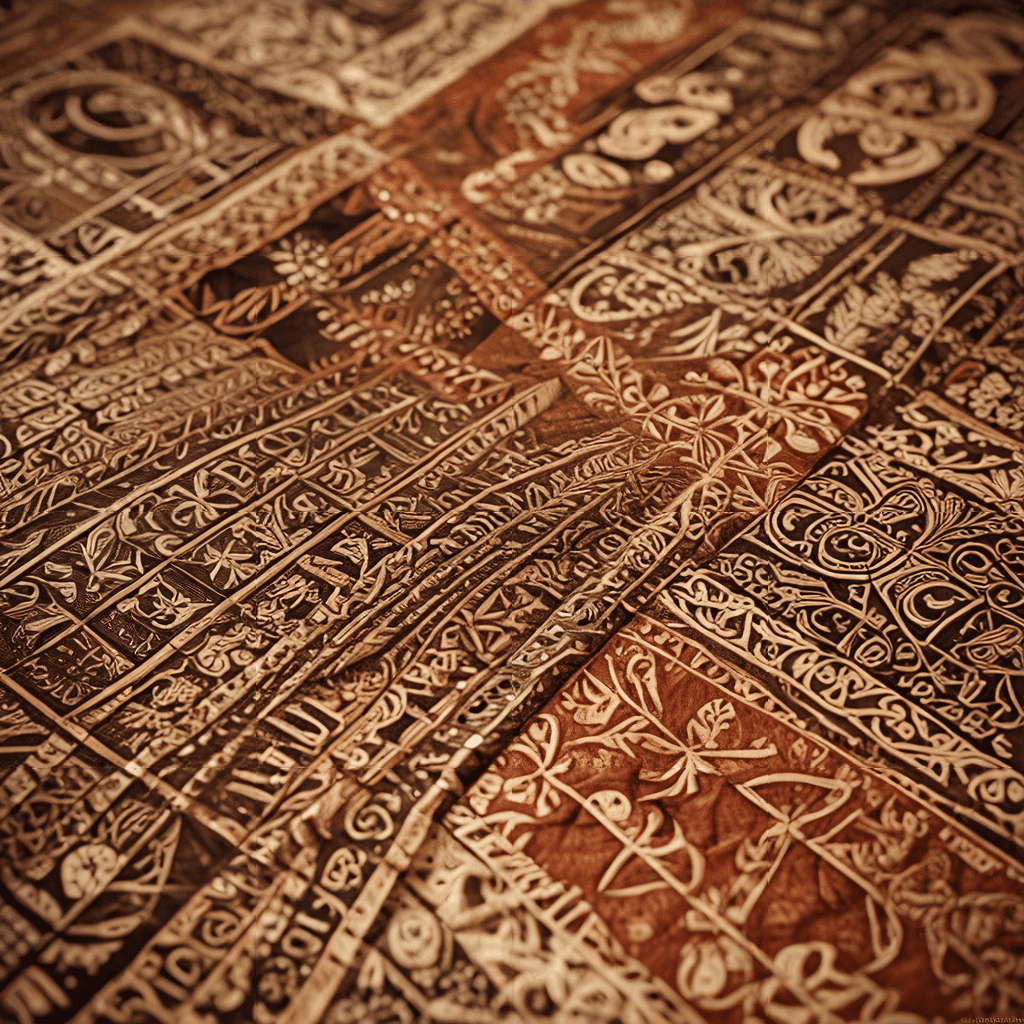1. Origin of the Yellow River in Chinese Mythology
The Yellow River, known as the cradle of Chinese civilization, holds a profound place in Chinese mythology. Its genesis is entwined with the mythical figure Nüwa, the goddess who fashioned humanity from clay. Legend has it that after creating humans, Nüwa was distraught by their fragility and mortality. To shield them from harm, she severed the legs of a giant turtle and used them to form the Yellow River, its meandering course serving as a protective barrier around the land.
2. The River's Divine Guard
The Yellow River is believed to be under the watchful gaze of He Bo, the venerated River God. Depicted as a benevolent deity with a human face and a serpent's body, He Bo is responsible for regulating the river's flow, preventing both floods and droughts. In ancient times, people made offerings and sacrifices to He Bo to appease him and ensure the river's continued protection.
3. The Dragon King of the Yellow River
Another mythical figure associated with the Yellow River is the Dragon King. This powerful deity resides in an underwater palace beneath the river, controlling its waters and its denizens. The Dragon King is often depicted as a benevolent being, bestowing gifts and prosperity upon those who respect the Yellow River. However, he can also be a wrathful force, causing storms and floods when angered.
4. The River's Healing and Protective Powers
The Yellow River is believed to possess extraordinary healing and protective powers. Its waters are said to cure illnesses and ailments, and its silt is considered sacred and auspicious. In ancient times, people would bathe in the river to wash away impurities and seek blessings. The river is also believed to guard against evil spirits and protect the land from invasion.
5. The Yellow River as a Symbol of Prosperity and Fertility
The Yellow River is a vital source of water and fertile soil for the surrounding regions. Its annual floods deposit nutrient-rich silt along its banks, making the land ideal for agriculture. As such, the Yellow River has come to symbolize prosperity, fertility, and abundance in Chinese culture. It is often depicted in art and literature as a bountiful and nurturing force.
6. The River as a Boundary between Realms
The Yellow River is not only a physical boundary but also a mythical one. It is believed to separate the human realm from the supernatural realm. In ancient Chinese folklore, the river was often depicted as the abode of immortals and spirits, with its unfathomable depths concealing a myriad of mysteries.
7. The Role of the Yellow River in Floods and Disasters
While the Yellow River is revered for its life-giving properties, it is also feared for its destructive potential. The river's unpredictable nature and frequent floods have caused immense suffering throughout history. In Chinese mythology, these floods are often attributed to the wrath of the Dragon King or other supernatural forces.
8. Rituals and Ceremonies Associated with the Yellow River
The Yellow River has been the site of numerous rituals and ceremonies throughout Chinese history. People would gather on its banks to pray for good fortune, offer sacrifices, and appease the river deities. These rituals aimed to maintain harmony between humans and the supernatural forces that governed the river.
9. The Mythical Creatures Inhabiting the Yellow River
Chinese mythology depicts the Yellow River as teeming with mythical creatures. Among them are the River Carp, said to transform into dragons if they successfully leap over the Longmen Falls; the Yellow River Lobster, believed to be a messenger of the Dragon King; and the Water Qilin, a benevolent creature that brings good luck and prosperity.
10. The Enduring Legacy of the Yellow River in Chinese Culture
The Yellow River has left an indelible mark on Chinese culture and continues to be a source of inspiration and reverence. Its myths and legends have shaped countless stories, poems, and works of art. The river remains a symbol of both the power and fragility of nature, a reminder of the delicate balance between humanity and the supernatural world.
FAQs:
Q: What is the origin of the Yellow River in Chinese mythology?
A: According to legend, the Yellow River was formed when Nüwa, the goddess of creation, severed the legs of a giant turtle to protect humanity from harm.
Q: Who is the River God of the Yellow River?
A: He Bo is the venerated River God responsible for regulating the flow of the Yellow River and preventing floods and droughts.
Q: Why is the Yellow River considered a symbol of prosperity and fertility?
A: The river's annual floods deposit nutrient-rich silt along its banks, making the land ideal for agriculture, thus symbolizing prosperity and abundance.
Q: What mythical creature is associated with the Yellow River?
A: The Dragon King is a powerful deity who resides in an underwater palace beneath the Yellow River and controls its waters and its denizens.
Q: What is the significance of the Yellow River in Chinese mythology?
A: The Yellow River is a sacred and revered figure in Chinese mythology, representing the boundary between the human and supernatural realms, a source of healing and protection, and a symbol of both power and fragility.



